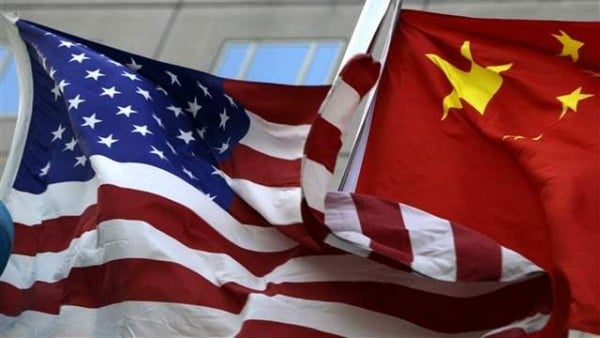
Criticizing the conventional wisdom about the inevitability of China’s global ascendancy and American strategic decline is a regular preoccupation for this page. Indeed, a recent post took aim at the prevailing notion, subscribed to by a wide-ranging group that includes Barack Obama and Sarah Palin, that Beijing can translate its vast holdings of dollar-denominated assets into policy leverage vis-à-vis Washington. So, it’s worth underscoring several developments this week that bear on these points.
One is a commentary piece by Ian Bremmer, the high-profile political risk guru who during the height of the China hype a few years ago was advising (here, here and here) that the future belonged to state-managed capitalism that Beijing, among others, practices. Yet in a New York Times op-ed piece a few days back, he concedes that
although China’s economic influence is growing — it is now the lead trade partner for 124 countries, compared to just 76 for the United States — its power to influence other nations is slight. It has achieved little of what policymakers call ‘capture,’ a condition in which economic or security dependence of one country on another allows the more powerful to drive the other’s policy making.
And he concludes that “neither China nor anyone else appears ready and able to fill America’s superpower shoes.”
Bremmer was hardly alone in his prophesying about how the explosive growth rates China was then racking up would reshape the contours of international politics. Economic policy expert Arvind Subramanian, for instance, colorfully opined that America’s growing financial dependence could eventually allow China to evict the United States from its long-established strategic position in the western Pacific. Like Bremmer, he too has now walked back this view.
And events currently playing out in the skies over the East China Sea have so far failed to conform to Subramanian’s expectations. It is unclear what prompted China’s attempt to establish unilateral control over the area’s airspace, though the move could be related to the growing demands in Beijing that Washington show greater deference toward China’s strategic interests in East Asia. The New York Times quotes a White House adviser as saying:
‘It’s pretty clear this isn’t really about the [Senkaku islands dispute].’ Declining to speak on the record about a sensitive strategic issue, the official added that it was about a desire by some in China, including the People’s Liberation Army and perhaps the new political leadership, ‘to assert themselves in ways that until recently they didn’t have the military capability to make real.’
The adviser added: ‘They say it’s in response to our efforts to contain them, but our analysis is that it’s really their effort to push our presence further out into the Pacific.’
Philip Stephens, the foreign affairs columnist at the Financial Times, has come to the same conclusion.
But whatever the Chinese calculus, the prompt pushback by the United States, in the way of dispatching military aircraft unannounced into the zone as well as vocally reaffirming the U.S.-Japan security alliance, is at odds with the Subramanian thesis.
Australia is an excellent case study for whether China can use its economic power to bend policymaking in other countries. A staunch U.S. ally and an outpost of American influence in Asia, the country has also benefited mightily in recent years from China’s voracious appetite for mineral resources. A small but prominent group of opinion leaders has sprung up arguing that Washington, for the sake of global stability, needs to strike new power-sharing arrangements with Beijing in the Asia-Pacific region. Hugh White, a retired senior defense official, has taken the lead on this front, though he is joined (here and here) by Paul Keating, a former prime minister. Indeed, the release earlier this year of a new defense white paper spelling out a more conciliatory strategic approach to China seemed to exemplify the kind of policy “capture” that Bremmer talks about.
But the “capture” thesis suffered a sharp rebuke with Tony Abbott’s sweeping election victory three months ago. The new prime minister in Canberra is unabashedly pro-American, suspicious of Chinese economic influence, and has taken to calling Japan “Australia’s best friend in Asia.” His government also is siding with Washington and Tokyo in the present crisis over the East China Sea, and has banished the just months-old defense white paper from government websites.
Events in Asia are now furnishing a real-world test for ideas that became fashionable at the peak of the China hype, when we were told incessantly thatBeijing was all set to rule the world and that America was in danger of becoming China’s bitch. So far, however, developments have belied what many would have predicted.
This commentary is cross-posted on Monsters Abroad. I invite you to connect with me via Facebook and Twitter.